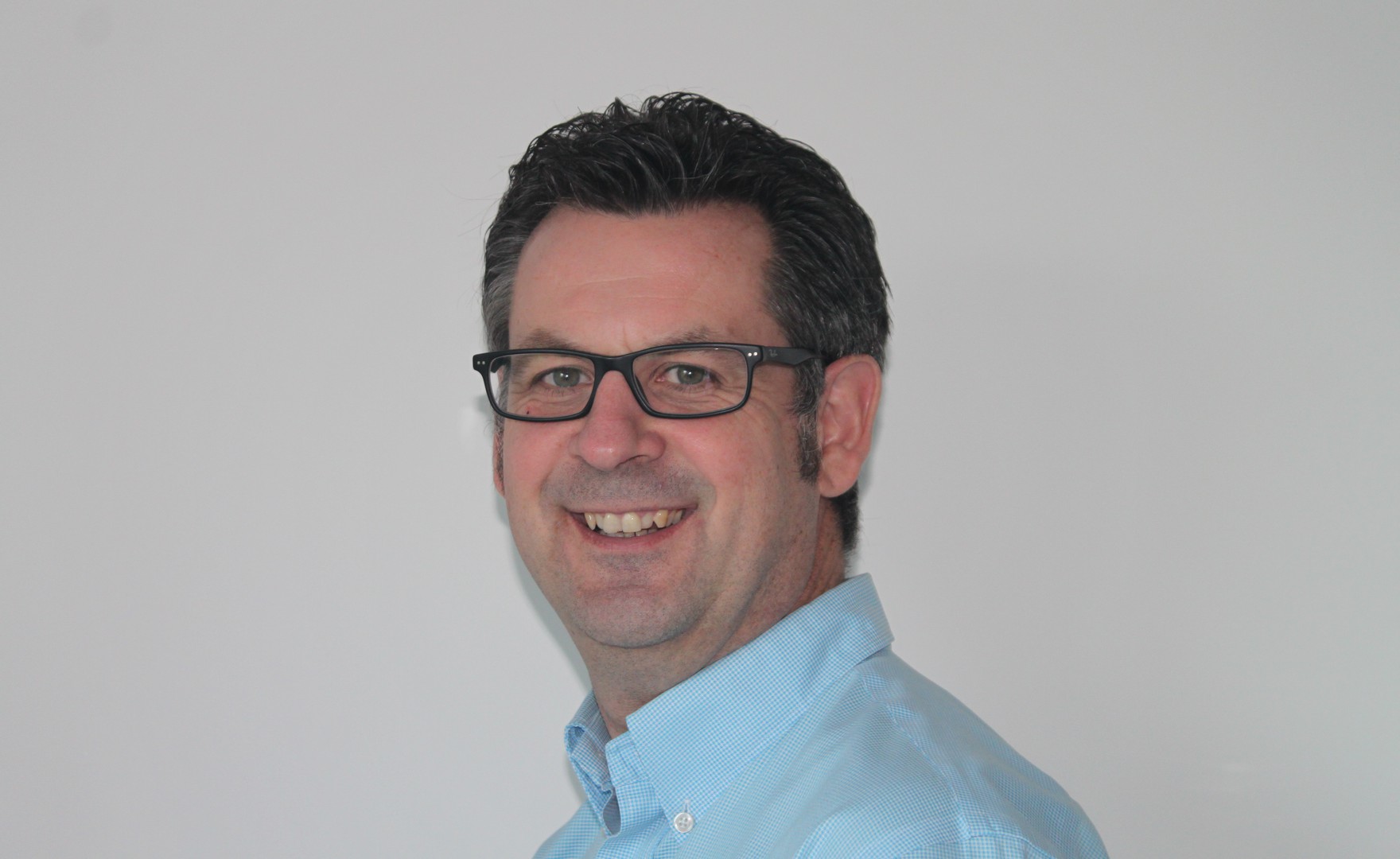If you would like to discover more about coaching and training as a coach, do come along to one of our free upcoming virtual open events or webinars.
Practitioner Diploma / "In order to coach I needed to have credibility"
25th November by Lee Robertson
Reading time 3 minutes

Peter Waggott has very kindly shared his experience of coach training with the AoEC having completed the Practitioner Diploma in Executive Coaching with AoEC Scotland. He now runs Vertical Moves Consultancy which he established to fill a real gap in the market to help organisations develop a quality sales support environment to help them embed a process.
What is your professional background and what made you decide to sign up for the AoEC’s Practitioner Diploma course?
I have over 25 years’ B2B sales experience working for organisations such as Michelin, Continental and Castrol. I have been fortunate to work in UK, Europe, North America and the Middle East.
I felt in order to coach I needed to have credibility, which the Practitioner Diploma course offered me.
What were some of the positives and challenges you experienced while doing the Diploma?
I found my biggest challenge undertaking the Diploma was understanding Who I Am. I felt I had a good understanding of who I was, this understanding was completely misplaced after my first day, causing me to do a lot of soul searching. The help and support I received, both from the AoEC faculty and my fellow course attendees, allowed me the opportunity to reflect, re-focus and begin to find myself again; turning a challenging experience into a positive outcome. Our group regularly meets as we have set up a supervisory group, where we meet once a quarter, have a catch up and check in. This has been a huge help to me and my coaching business, as it can be a lonely existence being a coach.
What would be your top piece of advice for anyone thinking about training to become a professional coach?
Being authentic and bringing me to each coaching session allows me to coach effectively. Having recognised professional training offers you the environment, coaching support and space to explore bringing ‘you’ to the world of coaching.
How has your own coaching model evolved having studied the diploma programme?
I have found I have refined and developed my coaching model where it’s currently centred on empathy, listening and sensitivity. There are aspects of GROW, Co-Active and Gestalt depending on the coaching situation I am participating in.
Can you give us a quick overview of the coaching you offer and tell us about some of the issues you coach people around?
My coaching offer comprises of three areas;
- Executive Coaching – working 1-2-1 with directors/board members.
- Neuro-Diversity Coaching – working 1-2-1 with clients who have a diagnosis of Dyslexia, Dyspraxia, ADHD, Aspergers, stress, etc, to offer some strategies they could implement to help them.
- Sales Coaching – working with organisations to help them understand sales and the sales process.
What are the most common challenges you face in working with your clients?
The biggest challenge I face with clients is getting them to understand what coaching is and more importantly, what it’s not. In my experience, businesses lump coaching in with mentoring, training and managing, leading to a more directive approach. The coach is tasked with coming up with the solution, rather than working with the coachee to allow them to find a solution.
How are you measuring the impact of your coaching sessions on the client’s performance/culture/behaviour/revenue etc?
Developing strategies which the coachee has identified helps me to measure the impact of our coaching sessions. It also allows the coachee to measure and monitor their progress, which forms part of our next coaching session.
These strategies come from exploring with the coachee;
- Where do they feel they do their best work?
- What does it look like?
- Could you replicate this at work/home?
We then discuss developing an Action Plan to implement.
Your passion is to change people’s perception of sales and management, to highlight their importance. How are you achieving this?
I bring my coaching to every piece of training, facilitating or talk that I do. I make people aware of how effective coaching helps grow people, creates safe environments, develops leaders and generates revenue.
By focusing on asking rather than telling, recognising failing is a good thing and showing empathy, I can offer a different perspective on sales and management.
What has coaching taught you about yourself and other people?
Coaching has taught me - it’s ok to not be ok; to feel not at your best all the time is ok. It’s also made me aware, regardless of where we live in the world, we all have similar challenges within our daily lives: family, work, money.
What do you find most rewarding about your work as a coach?
I love the experience working with each individual client offers me, they are all different. We learn and grow together. I can help them to begin to uncover who they are, allowing them the space to grab hold and run with it.
Our sincerest thanks to Peter for sharing his coach training journey with us.
Interview
Professional Practitioner Diploma / “This diploma didn’t just give me new tools - it fundamentally changed how I see my role”
17th June 2025 by Lee Robertson
In this interview, we talk to Mitra Gholam, executive and leadership coach and member of the team at Alira Consulting,…
Interview
Practitioner Diploma / “Every interaction offers an opportunity to learn and grow”
20th May 2025 by Lee Robertson
Natasa Iacovides is director of human resources and an executive coach at Hermes Airports in Cyprus. A graduate of the…
Interview
Practitioner Diploma / “Be open to transformation”
15th April 2025 by Lee Robertson
We’re delighted to catch up with Jeremy Shute, a graduate of the AoEC’s Practitioner Diploma in Executive Coaching, whose career…